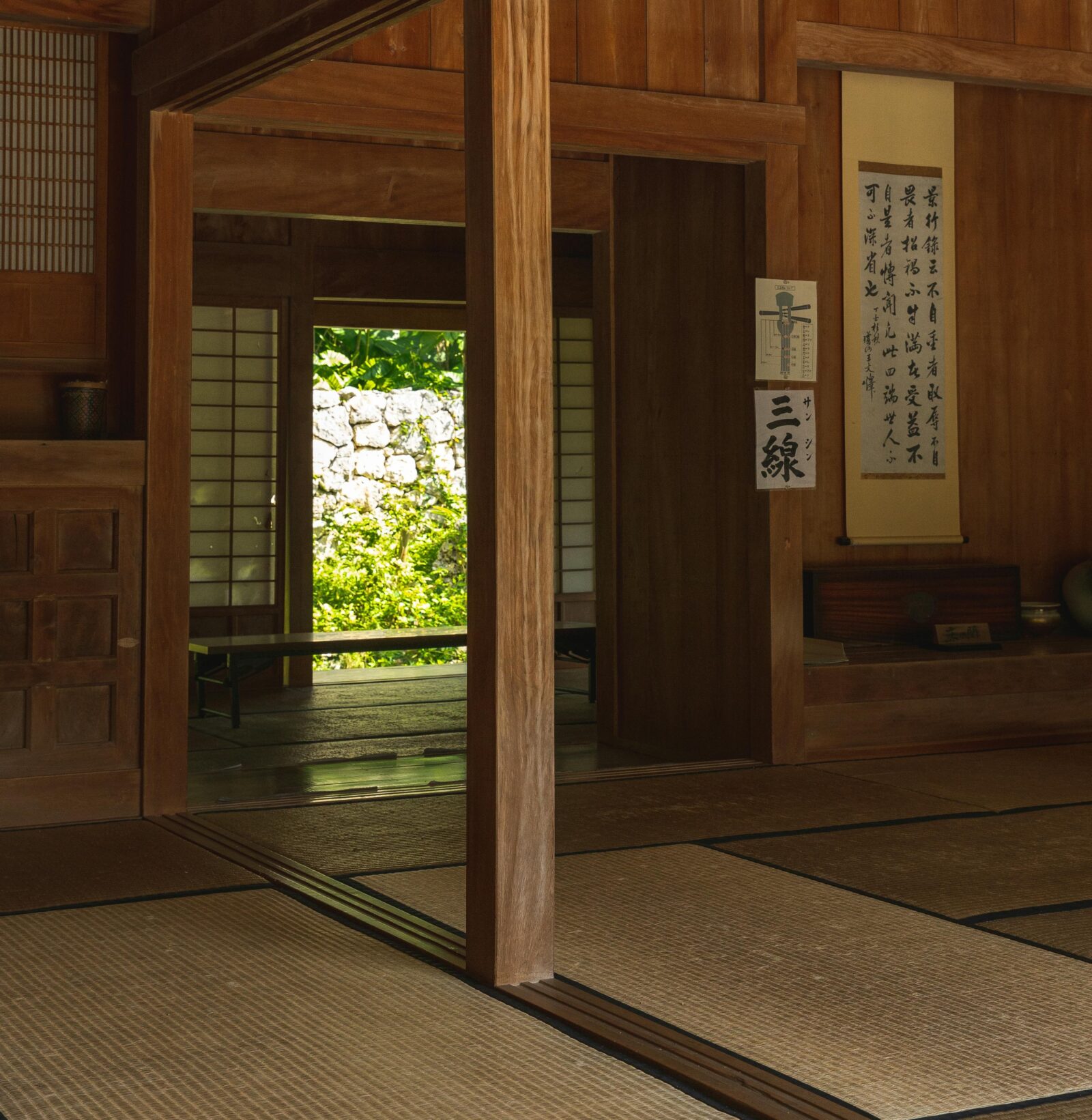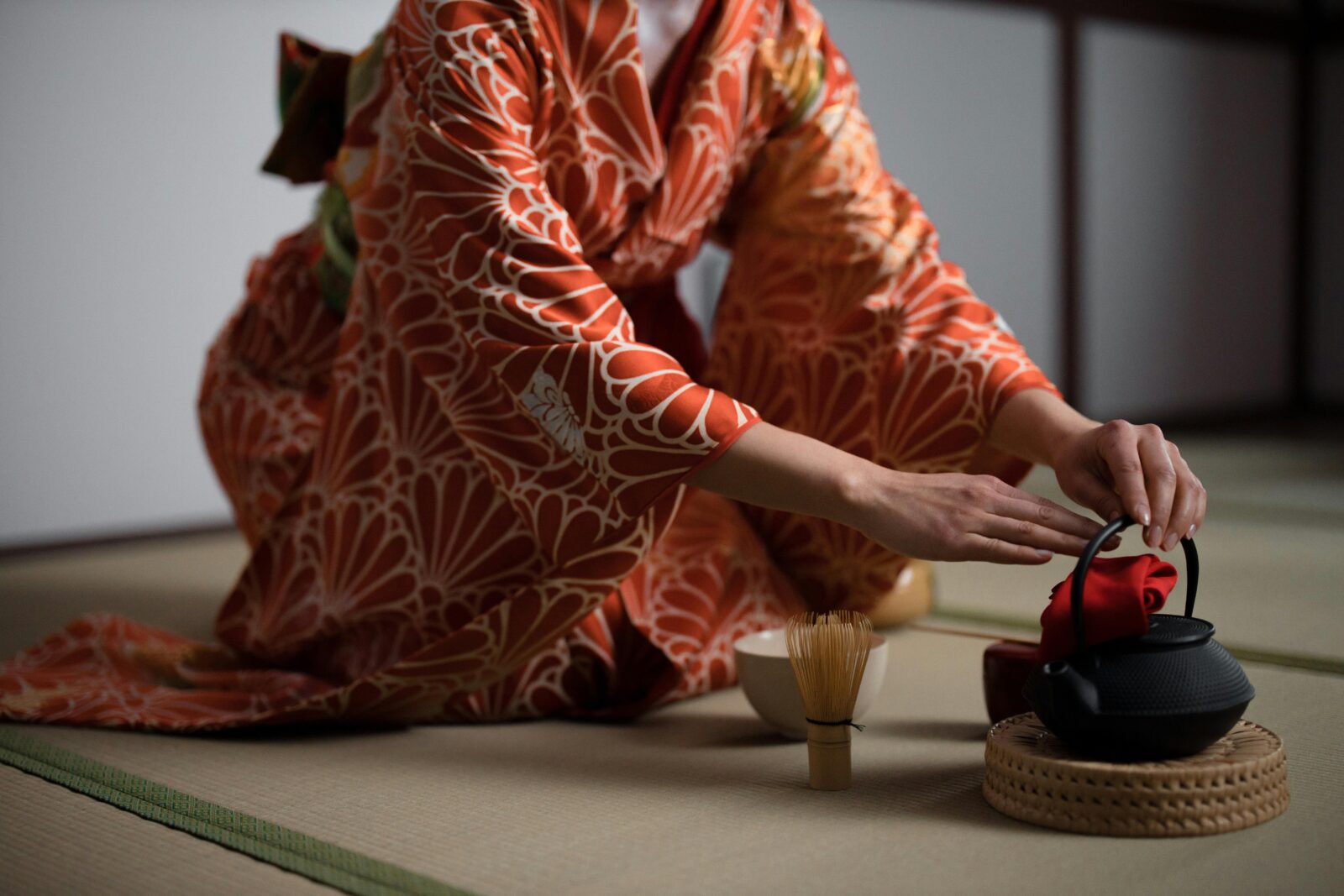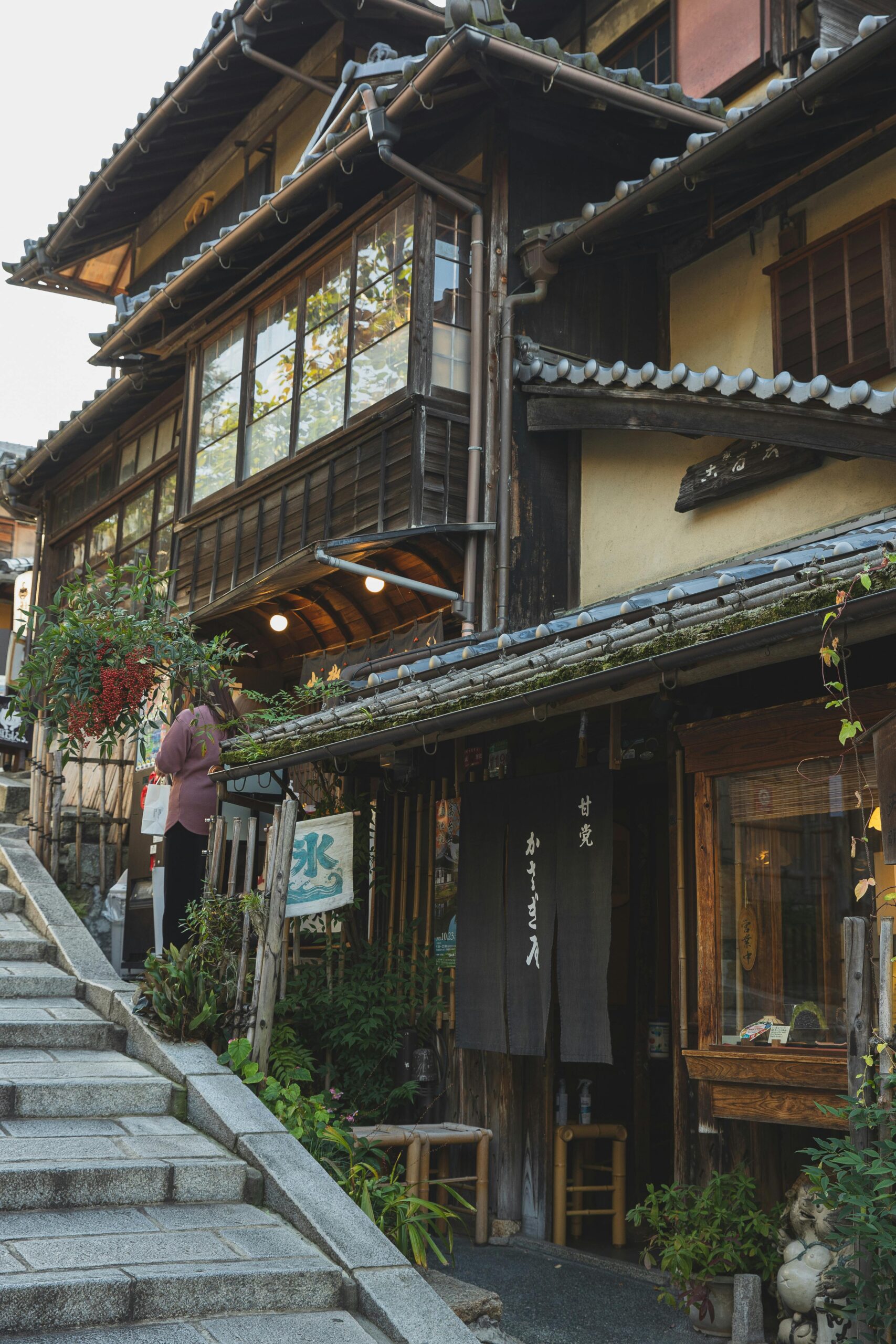(A guide to manners, warmth, and cultural connection in Japan)
When I first came to Japan, I learned that visiting someone’s home isn’t just a friendly drop-by — it’s a gesture filled with quiet thoughtfulness.
In a culture where personal space is respected and hospitality (omotenashi) runs deep, being invited to someone’s home carries meaning. It’s a mix of kindness, trust, and familiarity.
At first, I was nervous — what if I did something wrong?
But through experience, my husband’s explanations, and a few gentle corrections from kind friends, I learned that Japanese home etiquette isn’t about strict rules — it’s about showing respect through small, considerate actions.
1. The Meaning Behind an Invitation
In Japan, people don’t often invite acquaintances or coworkers to their homes unless the relationship is already close.
Homes tend to be small, and gatherings are usually held in cafés, restaurants, or izakaya instead.
So when you’re invited into someone’s home, it’s a sign of trust and closeness.
If someone invites you, respond with gratitude:
「ありがとうございます。楽しみにしています!」
Arigatou gozaimasu. Tanoshimi ni shiteimasu!
(“Thank you, I’m looking forward to it!”)
2. About Bringing Gifts (手土産 Temiyage)
You might have read that it’s mandatory to bring a gift when visiting a Japanese home — but in reality, it depends on the situation.
If it’s your first visit or you’re invited for a meal or special occasion, bringing a small temiyage (gift) is polite and appreciated.
But if you’re visiting a close friend or family member, especially casually, it’s not always necessary.
As my husband explained, “If I visit a close friend, I usually don’t bring anything — unless it’s for a party or dinner.”
Still, most people agree that bringing a small something shows thoughtfulness and care.
Common Gift Ideas
- Packaged local sweets or snacks
- Seasonal fruits
- Regional specialties (e.g., “This snack is from Gifu!”)
- Tea or coffee blends 🍵
What to Say When Giving a Gift
Traditionally, people used to say:
「つまらないものですが…」 (Tsumaranai mono desu ga…)
“It’s just a little something…”
This is a humble phrase, used to show modesty — not because the gift is boring, but because humility is part of Japanese politeness.
However, nowadays, this expression sounds a bit old-fashioned or overly formal, especially among younger generations or friends.
People now prefer warmer, more positive phrases, such as:
- 「静岡のお菓子です。ぜひ食べてみてください。」
Shizuoka no okashi desu. Zehi tabete mite kudasai.
→ “These are sweets from Shizuoka — please try them!” - 「これ、美味しいので気に入ってもらえると嬉しいです。」
Kore, oishii no de ki ni itte moraeru to ureshii desu.
→ “This is really delicious — I hope you like it.”
These friendly phrases sound natural and express sincerity, which is the true heart of giving.
3. At the Entrance (玄関 Genkan)
The genkan is the boundary between the outside and inside world.
When you step in, remove your shoes facing outward (toward the door) and line them neatly.
If the host offers slippers, wear them inside — but never in tatami rooms or the restroom (there are special toilet slippers).
Before entering, it’s customary to say:
「おじゃまします。」
Ojamashimasu.
(“Excuse me for intruding.” / “Thank you for having me.”)
And when leaving:
「おじゃましました。」
Ojamashimashita.
(“Thank you for letting me visit.”)
These phrases show respect for entering someone’s personal space.

4. When Offered a Drink
Japanese hospitality is gentle but mindful.
When you visit, your host will often offer tea, coffee, or water soon after you arrive.
You can honestly say what you’d like:
「コーヒーでお願いします。」
Koohii de onegaishimasu.
(“Coffee, please.”)
If you don’t want anything right now, it’s okay to politely decline:
「今大丈夫です。」 (Ima daijoubu desu.) – “I’m okay for now.”
「お腹がいっぱいです。」 (Onaka ga ippai desu.) – “I’m full.”
However, if the host has already served the drink, it’s impolite to refuse — just take a small sip and thank them warmly:
「ありがとうございます。美味しいです。」
Arigatou gozaimasu. Oishii desu.
That simple expression of gratitude makes the host feel appreciated.

5. Asking to Use the Restroom
If you need to use the restroom, there’s also a polite way to ask — and it’s good to know both formal and casual forms.
- Polite: 「お手洗いをお借りしてもいいですか?」
Otearai o okari shite mo ii desu ka?
(“May I use your restroom?”) - Casual (with friends): 「トイレ使ってもいい?」
Toire tsukatte mo ii?
(“Can I use the toilet?”)
The key word okari shimasu (to borrow) softens the request — showing respect and gratitude.
6. Scent and Presence — A Hidden Rule
One thing I learned that surprised me at first:
avoid wearing strong perfume when visiting someone’s home — or even when going to a restaurant.
Many Japanese people prefer natural scents, and strong perfume can be uncomfortable, especially in small spaces or near food.
This isn’t written anywhere, but it’s a quiet cultural standard.
So even though appearance matters, smelling clean and fresh is better than using perfume.
This small act of consideration reflects omotenashi — thinking about the comfort of others.
7. Conversation and Sensitivity
Keep topics light and pleasant — food, travel, local recommendations, or daily life.
Avoid personal topics like income, politics, or private family matters unless your host brings them up.
Compliments are always welcome, but try not to sound like you want something.
For example, instead of “That cup is so nice, I wish I had one,” try:
「素敵なカップですね。」 (Suteki na kappu desu ne.) – “That’s a lovely cup.”
It’s a small but graceful way to admire something without creating social pressure.
8. When to Leave
Visits are usually short — about 1 to 2 hours unless it’s a meal gathering.
If you stay too long, the host might feel obliged to keep serving you.
When leaving, say:
「今日はありがとうございました。とても楽しかったです。」
Kyou wa arigatou gozaimashita. Totemo tanoshikatta desu.
(“Thank you for today. I really enjoyed it.”)
If the host walks you out, a small bow and a warm smile are perfect.
9. After the Visit
Following up is part of good manners.
A short message or LINE text saying thank you is always appreciated.
「今日はお招きいただきありがとうございました。またお会いできるのを楽しみにしています。」
Kyou wa omanki itadaki arigatou gozaimashita. Mata oai dekiru no o tanoshimi ni shiteimasu.
(“Thank you for inviting me today. I look forward to seeing you again.”)
It doesn’t need to be formal — sincerity is what matters most.
10. Relax and Enjoy
It’s easy to overthink etiquette in Japan, but remember — the basics are similar to good manners anywhere:
Be polite, be tidy, show appreciation, and treat the space with respect.
If you make small mistakes, most Japanese hosts will understand.
They’ll appreciate your effort to learn their culture, and your kindness will speak louder than perfection.
When I visit friends, coworkers, or my in-laws, I always find myself saying “Thank you” many times throughout the visit.
It’s not only a word — it’s a feeling of gratitude that connects people, whether it’s after being served tea, receiving a small gift, or simply being welcomed into someone’s home.
In Japan, appreciation is shown not through grand gestures, but through gentle consistency — in tone, timing, and sincerity.
Every time I visit my in-laws, I still say ojamashimasu before entering, place my shoes neatly, and enjoy a cup of tea.
When leaving, I say ojamashimashita, smile, and thank them again for their hospitality.
These small rituals remind me that kindness can be expressed quietly, and that a sincere thank you can sometimes say more than a thousand words.
That’s what I love about Japan — politeness here isn’t just about following rules, but about noticing the small things and showing appreciation in every interaction.

✨ Common Japanese Phrases to Remember
| English Meaning | Japanese Phrase | Romaji | Usage Note |
|---|---|---|---|
| Excuse me for intruding | おじゃまします | Ojamashimasu | Said when entering a home |
| Thank you for letting me visit | おじゃましました | Ojamashimashita | Said when leaving |
| May I use your restroom? | お手洗いをお借りしてもいいですか? | Otearai o okari shite mo ii desu ka? | Polite form |
| Coffee, please | コーヒーでお願いします | Koohii de onegaishimasu | Polite way to order |
| I’m okay for now | 今大丈夫です | Ima daijoubu desu | Soft decline |
| I’m full | お腹がいっぱいです | Onaka ga ippai desu | Gentle refusal for food |
| That’s delicious | 美味しいです | Oishii desu | Always safe to say |
| This is a small gift from… | ○○のお菓子です。ぜひどうぞ。 | ___ no okashi desu. Zehi douzo. | Friendly gift phrase |

